(#AmazonAdLink) 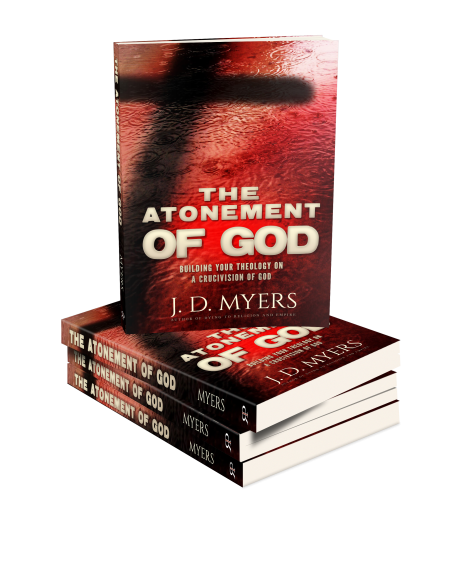 I am taking a short break from teaching through Ephesians to record an audiobook for my book (#AmazonAdLink) The Atonement of God. A reader has generously offered to sponsor the recording of this audiobook. This podcast episode provides a preview of the audiobook by giving you Chapter 5: What a Non-Violent View of the Atonement Reveals about Scripture.
I am taking a short break from teaching through Ephesians to record an audiobook for my book (#AmazonAdLink) The Atonement of God. A reader has generously offered to sponsor the recording of this audiobook. This podcast episode provides a preview of the audiobook by giving you Chapter 5: What a Non-Violent View of the Atonement Reveals about Scripture.
In this podcast episode, you will learn how to read and understand the violent portions of Scripture in light of Jesus Christ and Him crucified.
On this cross, Jesus shows us how to properly read the Bible. If you struggle with the violent portions of Scripture, it helps to read them through the lens of Jesus Christ on the cross.
If you want to sponsor a reading of one of my books into audiobook format, please reach out to me through the contact form.
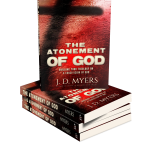
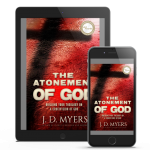
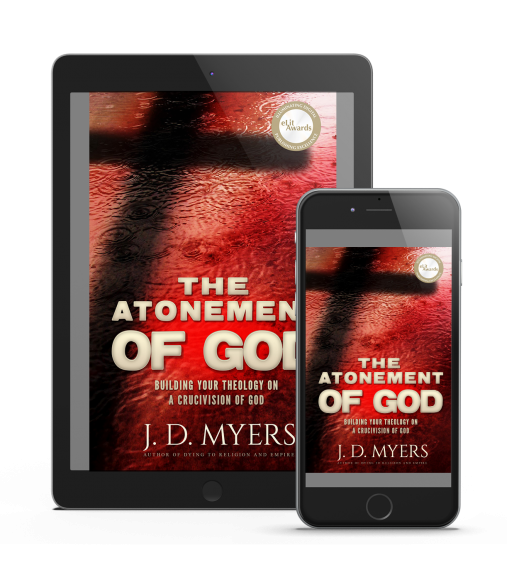

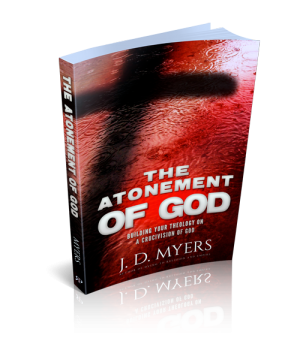
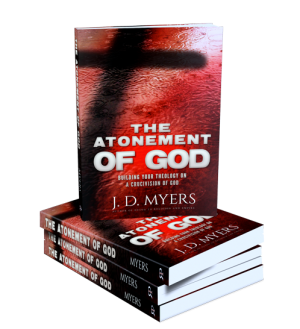 If you have read the book and want to buy paperback copies in bulk to give away or to study with friends, you can do that right here:
If you have read the book and want to buy paperback copies in bulk to give away or to study with friends, you can do that right here: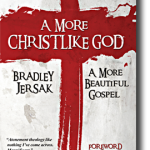
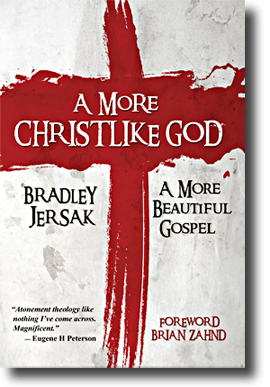
 One of the key sections of A More Christlike God is where Brad Jersak discusses the all-important issue of “the wrath of God.” This idea is found in numerous places in the Bible, and is one of the key issues in this debate about what God is like. Many people assume that the phrase “the wrath of God” indicates that God is angry at us. Jersak presents a compelling case for why this is not a proper understanding of that term. He rightly critiques the idea that “the wrath of God” is God withdrawing His mercy. God never withdraws His mercy. God’s mercy is unfailing and everlasting. His mercy endures forever (Psalm 136).
One of the key sections of A More Christlike God is where Brad Jersak discusses the all-important issue of “the wrath of God.” This idea is found in numerous places in the Bible, and is one of the key issues in this debate about what God is like. Many people assume that the phrase “the wrath of God” indicates that God is angry at us. Jersak presents a compelling case for why this is not a proper understanding of that term. He rightly critiques the idea that “the wrath of God” is God withdrawing His mercy. God never withdraws His mercy. God’s mercy is unfailing and everlasting. His mercy endures forever (Psalm 136).

 Furthermore, people say that God had to pour out His wrath against sin upon somebody (either us or Jesus) in order to satisfy his justice. Yet then we say that God did this out of His mercy.
Furthermore, people say that God had to pour out His wrath against sin upon somebody (either us or Jesus) in order to satisfy his justice. Yet then we say that God did this out of His mercy.  When the Pentateuch is understood in its entirety, it appears that the message of the Pentateuch is that God was never angry at people and never wanted sacrifices and offerings, but wanted instead a people for Himself who lived by faith in God and with justice and mercy before a watching world. See
When the Pentateuch is understood in its entirety, it appears that the message of the Pentateuch is that God was never angry at people and never wanted sacrifices and offerings, but wanted instead a people for Himself who lived by faith in God and with justice and mercy before a watching world. See 
